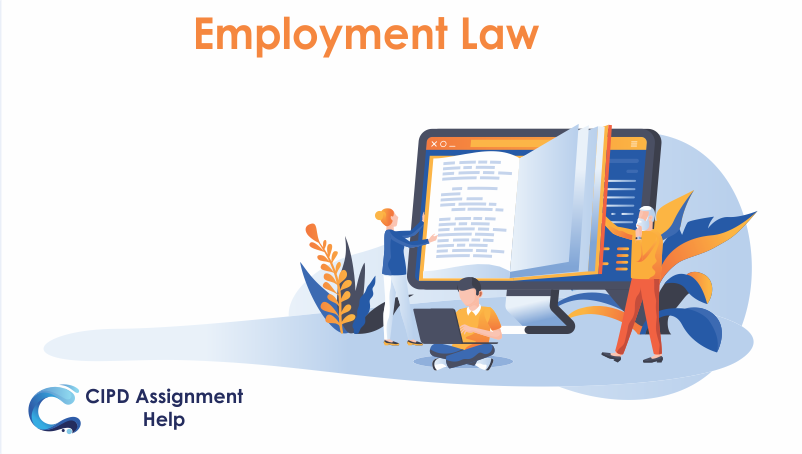7ELW Employment Law is a CIPD Level 7 Advanced Diploma in Human Resource Management optional module that deals with current and future developments in employment law.
Purpose and Aim of the Module?
The employment Law unit is designed to provide learners with the knowledge, skills and understanding required to brief organisations on the ripple effects of the present and future developments in employment law. Also, it enables learners to give up-to-date and accurate advice related to the practical application of legal principles at work upon completion.
The module will equip learners with the key principles that support the UK (or Irish) and EU employment law, purpose, and major defences that employers use when defending cases. It will also enable learners to give potential organisational expenses and reputational risks associated with losing the case.
Additionally, attention is given to situations that happen relatively regularly in work environments as opposed to uncommon or obscure legal situations and on advanced knowledge of legislation or case law.
Without a doubt, the module keeps on growing, in complexity and volume. As such, the number of regulations related to employment relationships and the workplace has grown substantially. Lately, Employment Law includes obligations put on public bodies to promote equality.
An organisation has the liberty to source expert opinion on more complex and unprecedented issues from external legal advisers. However, senior HR professionals must be informed about the main, current, and coming developments in the regulatory environment. As such, an organisation should prepare fully in anticipation of legal issues related to proposed decisions or plans before execution.
With increasing numbers of claims to employment tribunals, HR takes a leading role in taking care of issues and disputes at work. It also leads the organisation in responding when a formal legal claim is examined or pursued. Most importantly, it gets ready and presenting responses to an employment tribunal on claims and satisfies each of these requirements to professional standards.
Finally, the module promotes critical reflection on theory and practice from an ethical and expert viewpoint. It gives opportunities for applied learning and continuous professional development.
Who is Suitable for this Module?
7ELW Employment Law is tailored to cater to the interests and desires of persons who:
- Are mandated with responsibility for HR decision making in organisations at different levels, be it at the operational, tactical or strategic level.
- Are in a team or HR functional management role with a desire for enhancing and developing their career.
- Have responsibilities for the HR function and have activities without a specialist function within an organization.
- Are employed or independent consultants helping organisations with the support they need to meet their goals.
- Have an HR career and CIPD professional membership aspirations.
The Learning Outcomes of the Module
After completing this module, learners should be able to:
- Clearly explain the core principles that guide employment law and how they apply in the UK (or Ireland), inclusive of common law, their aim, origin and practical implications.
- Demonstrate ability to advise colleagues about significant legal consequences of decisions, plans or proposals within the employment field.
- Advice on the appropriate actions that should be taken in the workplace environment where employment law applies.
- Play a major role in determining the appropriate organisational response to be taken when legal action on either the worker or employee is anticipated, threatened or taken.
- Fully Participate in the preparation, presentation and settling of employment tribunal cases.
- Know how to keep their knowledge of developments in employment law up to date. Also, be able to advise the organisation on the impact of these developments on employment policy and practice.
What is the Assessment Criteria?
Assessment for this module can be done through a multi-sectorial approach. This ensures all the learning outcomes are assessed in a manner that improves the learner’s experience. The assessment tools are designed to allow learners to demonstrate mastery of the concepts learnt and their ability to connect theory to practice and communicate clearly in the HR field.
Assessment of learners will entail the following:
- At least 50% of the learning outcomes will be assessed through summative assessment.
- The remaining learning outcomes will be assessed through a variety of activities like learning, teaching, and formative assessment activities that include:
- Integrated work activities
- Group and individual presentations
- Reports
- Time constrained tests
- Examinations
- Viva Voce assignments
- Case studies
Competency-based assessment centres may choose activities for the CIPD Assessment Bank or otherwise design their own. In case they choose their assessments, the activities must be approved by CIPD before use.



